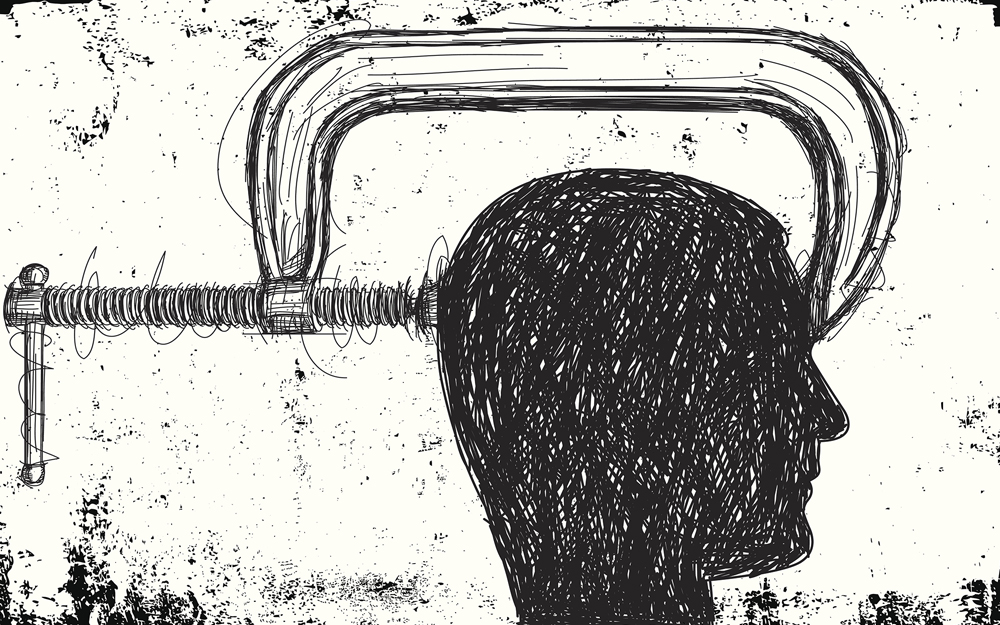Can I See a Nurse Practitioner Instead of a Doctor?
Date
January 27, 2019
Credits

Date
January 27, 2019
Credits
Medical providers featured in this article
In Brief
{{cta-block}}
Wondering if it's OK to see a nurse practitioner instead of your usual doctor when you're not feeling well?
Patients can often get an appointment to see an NP sooner than they can get in to see a doctor.
Despite the difference in title, they're more alike than you think.
Many medical offices and hospitals offer care provided by nurse practitioners, commonly referred to as NPs. These highly trained medical professionals can provide many primary care services or be part of your specialty care team.
A nurse practitioner is a registered nurse with advanced training and education. In addition to the degree needed to become a registered nurse, NPs also get master's or doctoral degrees.
NPs can also write prescriptions. In California, most NPs work under the supervision of a cooperating physician to prescribe medication to patients.
"We can pretty much do anything that a doctor can do with the exception of performing surgical procedures independently," says Sylvia Estrada, nurse practitioner in the Cedars-Sinai breast cancer program.
While doctors and nurse practitioners have many similarities, there are some notable differences. The biggest difference between the two is the amount of time spent on training. While NPs have more training than a registered nurse, they receive less training than a doctor.
They also are licensed differently. In California, nurse practitioners are licensed by the Nursing Board and MDs are licensed by the Medical Board.
Another difference is ease of access. Patients can often get an appointment to see an NP sooner than they can get in to see a doctor.
And it may get worse. The US is facing a shortage of physicians, especially in primary care. According to the Association of American Medical Colleges, the country could see a shortage of up to 120,000 physicians by 2030.
"We are invested in making you feel comfortable, cared for, and healthy."
You could also receive treatment with a different approach if you see an NP, says Estrada.
"We have a focus on disease prevention and health education and counseling," says Estrada. "These are unique assets engrained in our education that enhance our clinical interaction with patients."
As the co-chair for Advanced Practice Nurses Council at Cedars-Sinai, Chona Melvin's job includes informing the public about nurse practitioners. One of her goals is to help patients and their families make educated healthcare decisions and healthy lifestyle choices.
"If you have the flu, need that yearly physical, or you're wondering why your knee is making that noise, come see a nurse practitioner," she says.
"We are invested in making you feel comfortable, cared for, and healthy."





